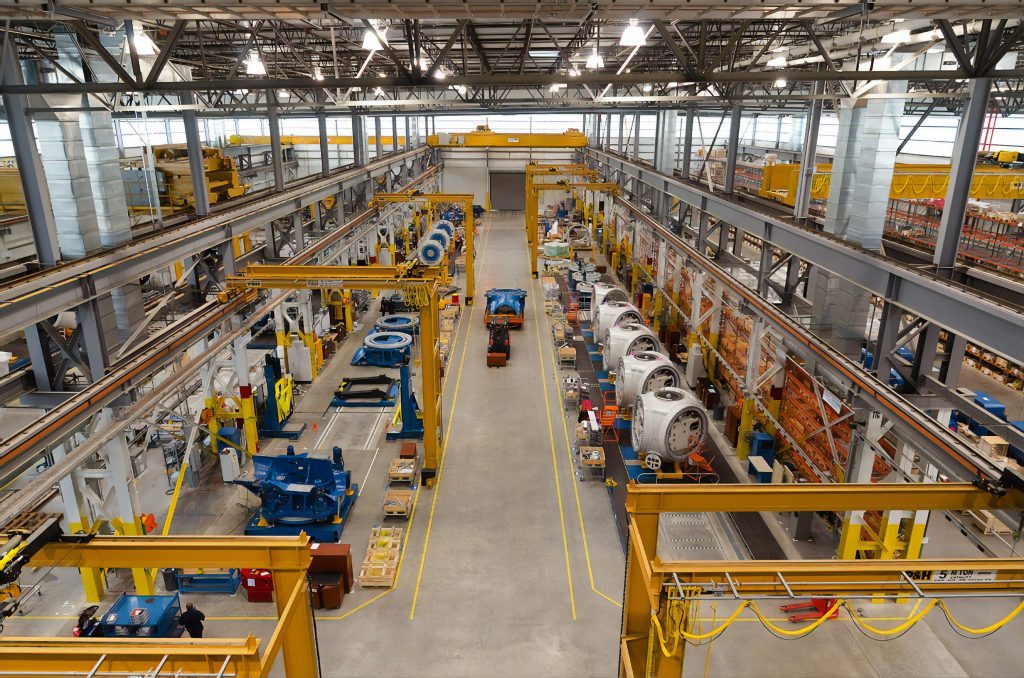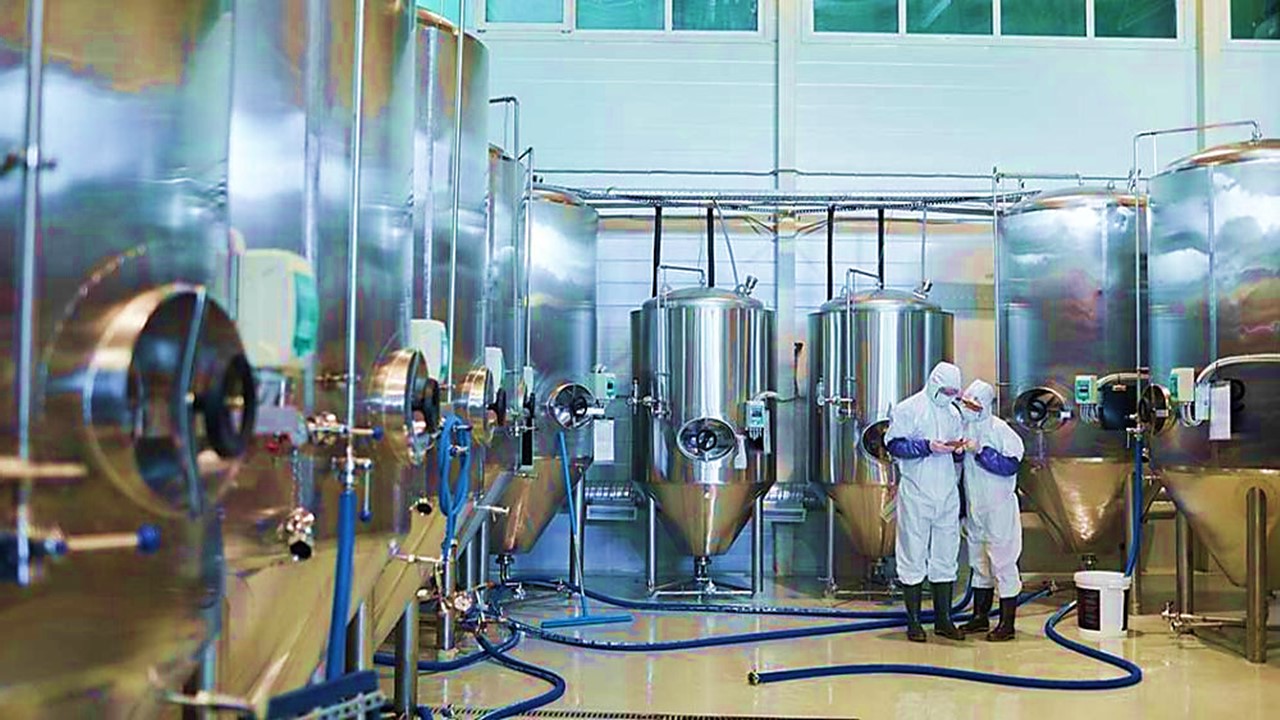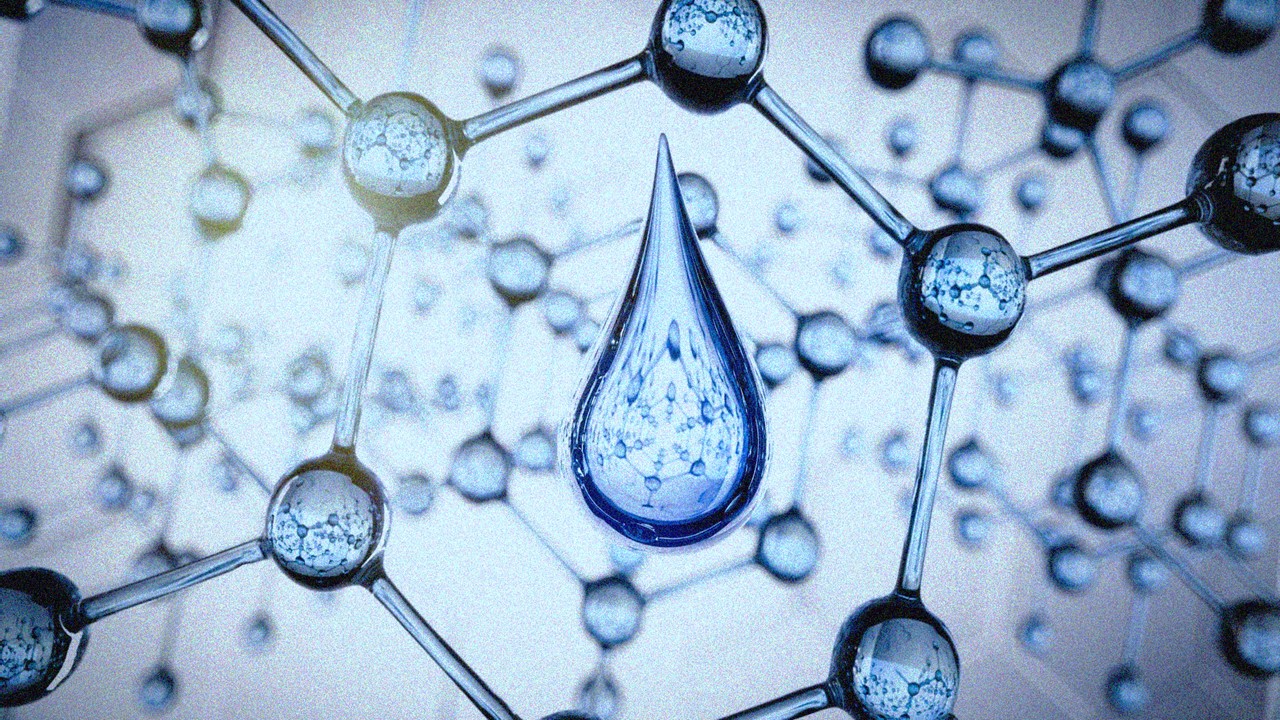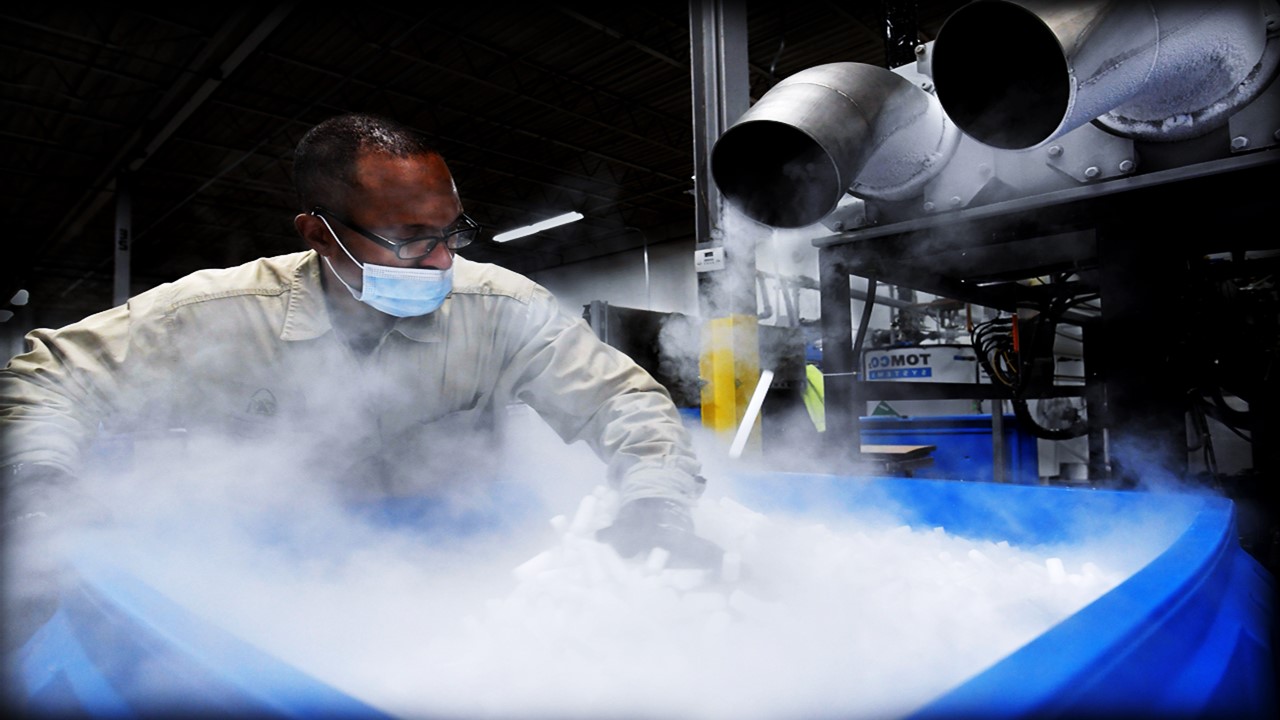
In recent news, pharmaceutical company AstraZeneca seeks expansion in API manufacturing capabilities with a $360 million investment in a facility in Dublin. The pharmaceutical industry faces increasing pressure to develop more sustainable manufacturing processes to support the fight against climate change. Officials and experts urge the growing pharmaceutical industry in Africa to continue its expansion, focusing on refined manufacturing practices to produce high-quality products for the African public to access more easily.
Expansion of capabilities: AstraZeneca to invest $360 million in Irish drug manufacturing site
On September 21, AstraZeneca announced it will be investing $360 million to develop a manufacturing facility in Ireland to produce active pharmaceutical ingredients (APIs). According to a recent news article, the investment hopes to cut commercialisation lead times and overall production costs. The manufacturing expansion is also expected to introduce a more sustainable manufacturing process, which falls in line with AstraZeneca’s Ambition Zero Carbon programme.
Pam Cheng, executive vice president, global operations and IT, said: “The future manufacturing of APIs for our medicines includes compounds with highly complex synthesis, requiring next generation technologies and capabilities that can respond quickly and nimbly to rapidly-changing clinical and commercial needs. This significant investment will ensure the AstraZeneca supply network is fit for the future.”
The investment is expected to support late-stage development and early commercial supply, as well as supporting the development of therapeutic treatments like antibody drug conjugates and oligonucleotides. In addition to expanding pharmaceutical manufacturing capabilities, the investment will provide an important boost to the local economy, creating around 100 highly skilled jobs.
APIs form a critical part of the drug manufacturing process, and as the demand for increasingly complex drugs increases, so will the demand for APIs. The investment in API manufacturing in Ireland could possibly be a move by AstraZeneca to support the ever expanding pipeline of drugs as well as keeping up with demand for treatment of chronic diseases.
Sustainable manufacturing: Pharmaceutical industry pushing forward for greener API manufacturing
Sustainable manufacturing has become a significant priority for the pharmaceutical industry, with many of the market leaders implementing new protocols to support greener manufacturing.
In the latest Intergovernmental Panel on Climate Change August 2021, the organisation emphasised that while some impacts of climate change cannot be reversed, “strong and sustained reductions in emissions of carbon dioxide (CO2) and other greenhouse gases (GHGs) would limit climate change” going forward.
One of the main challenges for the pharmaceutical industry is the generation of high amounts of waste per amount of finished product. In comparison with other industries the volume of waste is not as substantial, but preventable waste arises due to inefficient processes from the synthesis of intermediates to the finished product.
In order to track the problem, the US Environmental Protection Agency (EPA) has implemented a requirement for the pharmaceutical industry to report the “disposition of chemicals to the Toxic Release Inventory (TRI)”. This protocol has been in place for many years and has highlighted the significant waste produced by inefficient manufacturing processes.
A number of innovations have been put in place by pharmaceutical companies in order to refine their manufacturing processes, as described in the aforementioned report – solvent selection and substitution practices, the elimination of hazardous solvents and investigating opportunities for purification, re-use and recycling are all being explored as a means to reduce solvent use and waste generation.
Sustainable, “greener” manufacturing strategies are not only a win for the environment, but are an incentive for pharma companies to save time and money. Refinement of manufacturing systems which reduce waste essentially optimise raw material processing, which theoretically save costs as pharma companies could reduce the quantities of raw materials required to create the same volume of product.
Global developments: African officials urge boosted pharma manufacturing
During the latest Africa Investment Summit on Health, officials called for enhanced efforts to boost pharmaceutical manufacturing capabilities. The meeting, held on the sidelines of the 76th United Nations General Assembly, urged pharma organisations to ensure quality, safe and internationally recognised products to prepare for future crises like the current pandemic, as well as boosting the economy through job creation for young Africans, according to a statement from the Economic Commission for Africa (ECA) on Friday.
The Summit was convened by the ECA, the ABCHealth, and the NIH to discuss strategies that will significantly increase public access to essential healthcare and product supplies across the African continent.
According to a recent article, “Africa’s medicines and medical equipment imports rose from 4.2 billion U.S. dollars in 1998 to 20 billion dollars in 2018, indicating that Africa’s private sector can and should be a part of Africa’s health security solution.”
A number of investments have been made to support the rapidly growing African pharmaceutical industry – more recently, the summit announced that East Africa’s Biodeal Laboratories had won a bid to receive investment and Good Manufacturing Practice support to manufacture maternal, newborn and child health (MNCH) products under the AfCFTA-anchored Pharma Initiative, previously launched in East and Southern Africa countries.
Charlotte Di Salvo, Editor & Lead Medical Writer
PharmaFeatures
Subscribe
to get our
LATEST NEWS
Related Posts

Manufacturing & Logistics
Streamlining Pharmaceutical Synthesis: The Science of Process Intensification in High-Yield API Production
As the industry embraces QbD, PAT, and Pharma 4.0, process intensification will redefine the future of pharmaceutical manufacturing.

Manufacturing & Logistics
Modern Supply Chain Dynamics: Integrating Real-Time Logistics with Blockchain Technology
The convergence of real-time logistics systems and blockchain technology is still in its nascent stages, but the trajectory is promising.
Read More Articles
Myosin’s Molecular Toggle: How Dimerization of the Globular Tail Domain Controls the Motor Function of Myo5a
Myo5a exists in either an inhibited, triangulated rest or an extended, motile activation, each conformation dictated by the interplay between the GTD and its surroundings.













